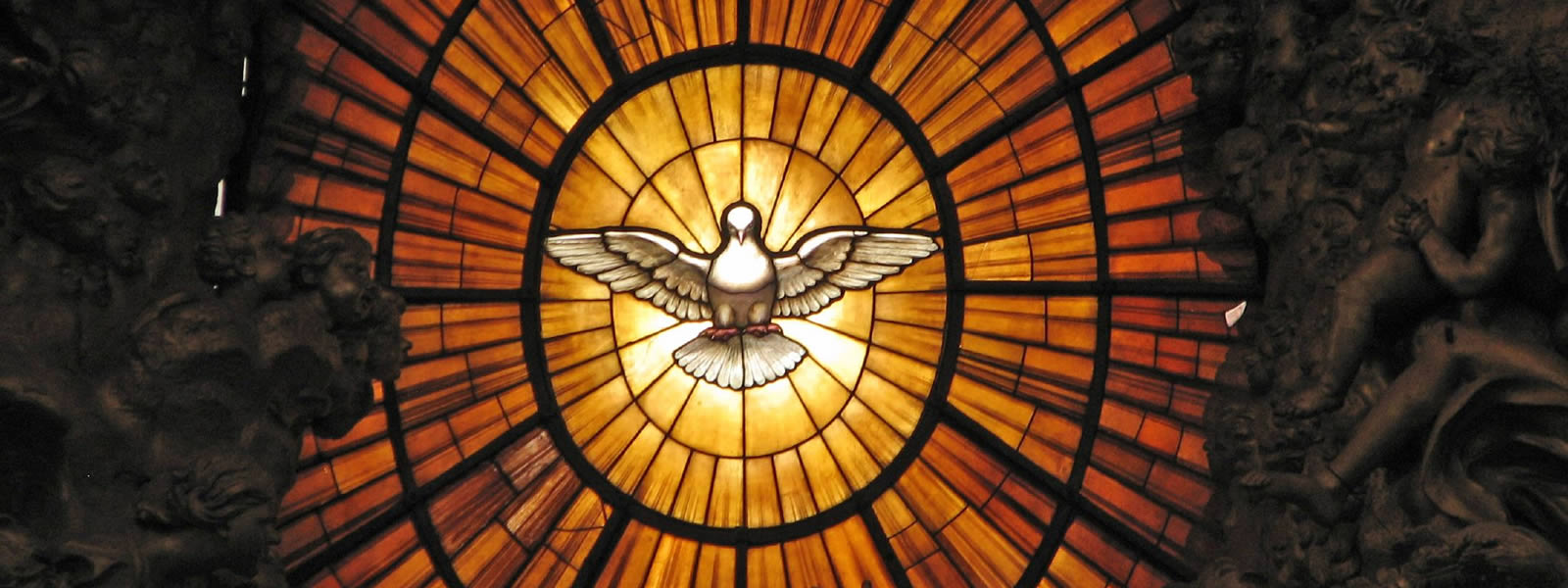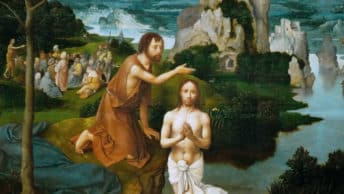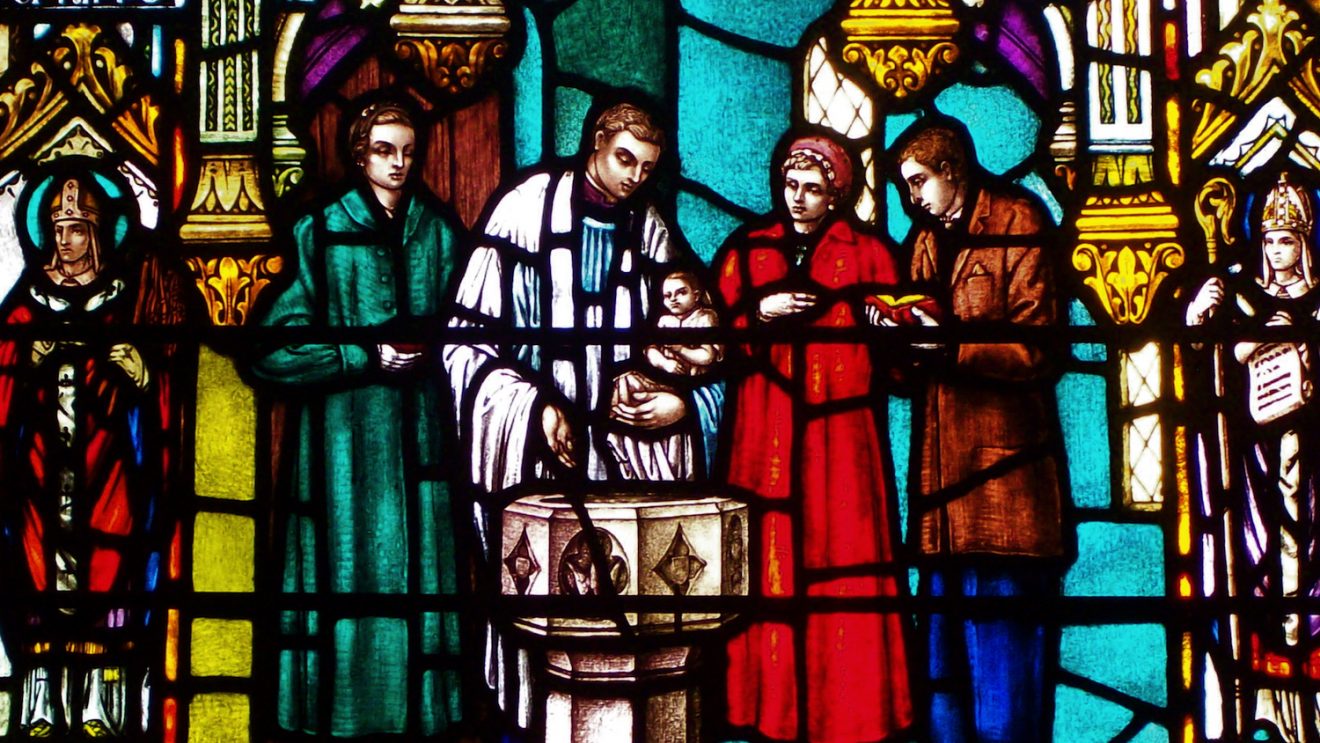Over thirty years ago an anonymous author wrote this reflection: “I was waiting for the subway train to come. It was bitter cold—near zero, with a windchill factor of 30 below zero. It was late at night, and a few of us stood inside a small shelter that gave some relief from the wind. We were huddled together, not saying much, when this fellow walked in and exclaimed loudly, ‘Man, it’s cold out tonight!’ He was a tough-looking person, smelling of liquor, and a few of the others in the shelter backed off uneasily. The fellow noticed this and said, ‘Hey, just because I’m black doesn’t mean I don’t get cold like you white folks!’
“Smiling, I said to the man, ‘Yeah, but being white, we look a lot colder, don’t you think?’ He laughed and said, ‘You’re all right, white boy,’ and we began to talk. The tension in the shelter melted in the warmth of conversation and laughter. Soon I found myself in a deep conversation that continued in the train about the harsh winter and the homeless, about social justice, about the racism that he dealt with on a daily basis. Amazingly, he wasn’t bitter, but he was passionate and eloquent about the injustices he’d seen and experienced. ‘The cold is bad,’ he said. ‘But it isn’t so bad as the coldness in some people’s hearts. Why can’t people see that under the skin we’re all the same? We’re all brothers and sisters. Ain’t no white folk, black folk, yellow folk, or brown folk in God’s eyes. We’re all His children.’
“When my stop came, we shook hands. The night didn’t seem quite so cold anymore. The mutual sharing had warmed me” (The Christian Scientist Monitor, 3-29-88, quoted in Pulpit Resource, Vol. 18, #1, p. 7). The unknown author of this story had a change in perspective because of this encounter. Baptism is meant to do the same for each of us, for this sacrament made us God’s children—and this should forever change the way we relate to the Lord and to one another.
Because God’s greatness far exceeds our imagination and comprehension, encountering Him can be a life-changing experience—and, indeed, lead to eternal life. This gracious gift is offered to everyone who will accept it. St. Paul tells us that the coming of our Savior made it possible for us to be freed from our sins and become heirs to eternal life while the Prophet Isaiah announces that when the glory of the Lord is revealed, all peoples shall see it together. Recognizing and rejoicing in our unity in Christ is a powerful sign that the saving grace of baptism is truly at work in us. We see in the Gospel of Luke (3:15-16, 21-22) that when Jesus was baptized, God the Father announced from Heaven, “You are My beloved Son; with You I am well pleased.” Because of baptism, we must see and treat our fellow believers as brothers and sisters in Christ and as children of God—and when we do, God the Father is also pleased with us.
Thirty-five years ago, at an electrical-power substation in a remote area in northern California, a malfunction occurred and a circuit breaker tripped, setting off a chain reaction. Circuits all across the western United States automatically shut down, one after another, just as the expensive and complicated machinery was programmed to do in order to protect itself from damage. However, this resulted in a massive blackout, made even worse by the fact that it occurred during the afternoon rush hour. Thousands of motorists were backed up at non-functioning traffic lights in cities throughout California, Arizona, Nevada, New Mexico, Oregon, and Texas (Virgil Hurley, Speaker’s Sourcebook, p. 243).
This is a dramatic illustration of how human beings are linked together; what we do affects those around us, and they in turn influence others, and so on in an unending chain. This can be very bad news—but as Christians, we’re supposed to live in a way that makes this interconnection or unity very good news. This is our baptismal calling: to live in such a manner that those who know or encounter us become more likely to accept and live by the Gospel, rather than less likely.
What sort of mood were you in when you got up today: cheerful and friendly, or grumpy and selfish—and which do you think was better suited to helping spread the Gospel? Who was the first person you saw this morning, and how did your words and example influence him or her? How many random encounters with strangers have you had today, and were any of these encounters more likely to help the other person have a good day? How many people not from your parish know that you belong to a faith community—and is your example more likely to help them consider joining you, or less likely? When you pray on your own, and when you worship at Mass, is it just about you and God—or are the people in your life also somehow involved? God created us in such a manner that we are constantly influencing and affecting the people around us; it’s up to us to make sure we’re doing this in a positive, uplifting, life-giving way.
When Jesus was baptized, it wasn’t so He could establish a “personal relationship” with every single individual on the earth at that time; that would have been physically impossible. Baptism marked the beginning of His public ministry, which included establishing a Church, through which He would relate to His people—especially through baptism and the other sacraments. When we were baptized, it wasn’t so we could have an exclusive relationship with God while ignoring everyone else. Baptism not only made us part of God’s family, but also members of Christ’s Church—and our efforts to experience, grow in, and promote this unity are an essential part of pleasing God and fulfilling the mission He has given us.
As Scripture says, we cannot love the God Whom we do not see if we fail to love the persons around us whom we do see (cf. 1 Jn. 4:20). Everyone is precious and valuable in God’s eyes, including those whom we perceive as being very different from us. As Catholics, we are called to accept all baptized believers as fellow members of God’s family, and all non-baptized persons as potential brothers and sisters in Christ. This is the only way we can be true to Jesus, true to His Church, and true to ourselves.








